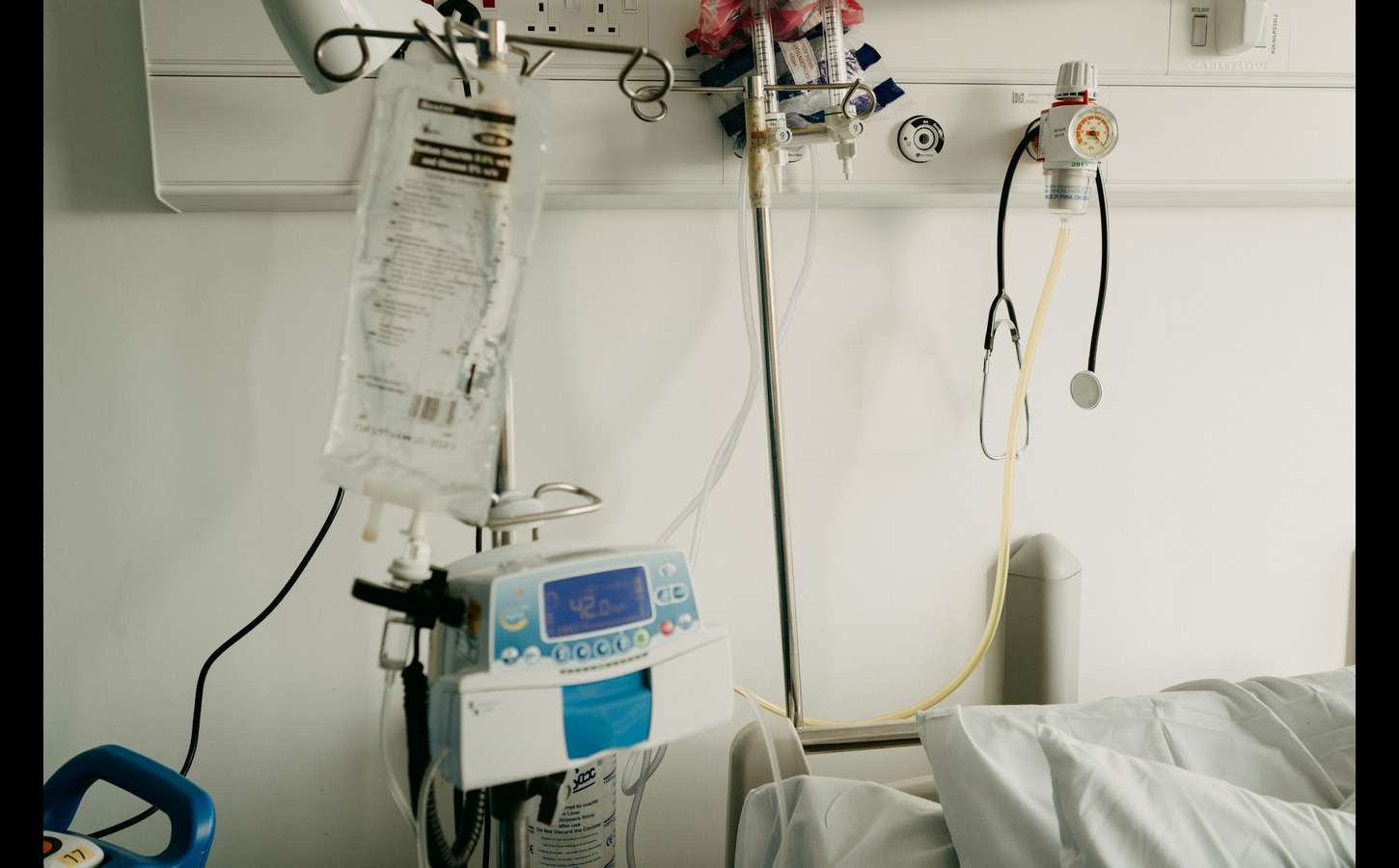Hemodialysis is a life-sustaining treatment for patients with end-stage renal disease (ESRD). It uses a dialysis machine and an artificial kidney (dialyzer) to filter waste, excess fluids, and toxins from the blood. Without adequate dialysis, patients with severely damaged kidneys are at risk of life-threatening health complications.
- How a Free CCHT Practice Exam Can Help
One of the most effective ways to prepare is to take a free CCHT practice exam. These exams simulate the actual exam environment and help candidates assess their readiness and familiarize themselves with the questions to expect.
Benefits of a Free CCHT Practice Exam
- Assessing Strengths and Weaknesses
A free CCHT practice exam helps you determine which areas you have mastered and which ones you still need to focus on. This allows for more targeted learning.
- Better Time Management
Timed practice exams empower you to allocate adequate time to each question. You’ll develop strategies for a better learning pace, which can be crucial on exam day.
- Less Exam Anxiety
Familiarity builds confidence. The better you simulate the exam environment, the less intimidating the real exam will be.
- Content Familiarization
While we don’t provide sample questions, you can rest assured that you can prepare for the latest exam syllabus with a free CCHT practice exam.
- Cost-Effective Learning
Many reputable websites offer free CCHT practice exams, allowing all aspiring technicians to prepare for the exam without incurring high costs.
Role of the Hemodialysis Technician
Certified clinical hemodialysis technicians are trained professionals who assist in the administration of dialysis therapy. They work under the supervision of registered nurses and nephrologists and have the following responsibilities:
- Setting up and disinfecting dialysis machines
- Inserting and removing needles from access points
- Monitoring patient vital signs during treatments
- Troubleshooting technical issues
- Educating patients about dialysis protocols
This profession requires both technical expertise and interpersonal skills. Building trust with patients, who often require lifelong dialysis, is a key aspect of a dialysis technician’s job.
The Science Behind Hemodialysis
Hemodialysis is more than just a treatment: it is a complex medical process rooted in renal physiology. In patients with end-stage renal disease (ESRD), the kidneys can no longer remove waste products from the blood. Hemodialysis artificially takes over this function by:
- Removing urea and creatinine: These are waste products from protein metabolism.
- Electrolyte Removal: Dialysis helps restore normal levels of potassium, sodium, and calcium.
- Fluid Management: Excess water is removed from the blood to prevent inflammation and high blood pressure.
The dialyzer, often called an “artificial kidney,” plays a critical role in this process. Understanding its function helps CCHT candidates understand the importance of their role.
Why is CCHT certification important?
The CCHT certification, administered by the Nephrology Nursing Certification Commission (NNCC), confirms that a dialysis technician possesses the knowledge and skills necessary to safely perform dialysis treatments. Employers increasingly prefer or require certified dialysis technicians because they ensure a standardized level of care.
Certification offers several benefits:
- Better career prospects
- Higher salary potential
- Increased responsibility and job satisfaction
- Credibility and trust among patients and colleagues
To obtain CCHT certification, candidates must pass the certification exam. This exam covers questions on the clinical, technical, and interpersonal aspects of dialysis care.
Life After Certification: Career Opportunities and Advancement
After obtaining CCHT certification, a wide range of career opportunities opens up. Many technicians find work in:
- Outpatient dialysis clinics
- Hospitals
- Outpatient care centers
- Nephrology departments
With experience and continuing education, you may also be eligible for more demanding positions, such as:
- Certified Hemodialysis Nurse (CHN)
- Biomedical Equipment Technician (BET)
- Clinical Educator or Supervisor
Certification also lays the groundwork for future careers in healthcare, including nursing or physician assistant.
Certification and Continuing Education
CCHT certification is valid for three years. To maintain your credentials, you must:
- Earn continuing education credits
- Retake and pass the certification exam
Continuous study will keep you competent and up-to-date on new advances in dialysis technology and patient care protocols.
Psychological Preparation for the CCHT Exam
While technical knowledge is essential, psychological preparation is also essential:
- Build Resilience: The exam takes time and requires concentration. Practice exams improve mental resilience.
- Overcome Test Anxiety: A free CCHT practice exam simulates the actual exam experience and puts you at ease.
- Mental Preparation for Success: A confident, self-development-oriented attitude fosters resilience during exam preparation and on exam day.
Final Thoughts: Commit to Your Future.
CCHT certification is a valuable and rewarding path. It combines technical skills with compassionate care, making a lasting impact on patients’ lives. The path to certification is challenging, but achievable with the right attitude and tools.
A free CCHT practice exam, as a central component of your study strategy, can significantly improve your chances of success. It not only assesses your knowledge but also gives you the confidence to approach the exam with clarity and composure.










